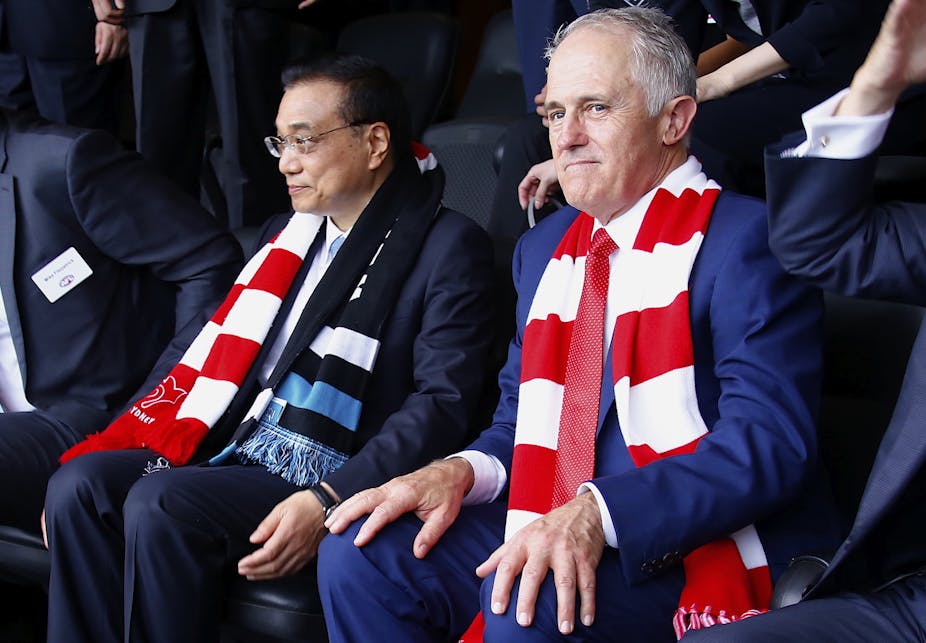The Turnbull government trails Labor 45-55% on the two-party vote in the Fairfax Ipsos poll, as the Senate prepares to drastically restrict the proposed company tax cuts and reject changes to Section 18C in parliament’s last week before the pre-budget break.
The Ipsos poll has found 44% support the government’s ten-year plan to reduce the company tax rate to 25%, while 39% oppose.
But the Senate is set to back the cuts only for smaller businesses. Malcolm Turnbull on Friday flagged the government would continue to push the full plan, even after a Senate defeat.
The Nick Xenophon Team has indicated it will shoot down the government’s proposed changes to the wording of 18C, which is being rushed to a vote.
Meanwhile, the government is stepping up its moves on energy policy by directing the Australian Competition and Consumer Commission (ACCC) to review retail energy prices.
Announcing the review, Turnbull and Treasurer Scott Morrison said it would examine electricity retailer behaviour, as well as contracts offered to residential and business customers, to ensure consumers benefit from competition in the National Electricity Market.
The government is behind in the polls generally, with some differences in the degree. In Newspoll last week, the Coalition trailed Labor 48-52%, while Essential had the two-party vote at 45-55%.
Taken between Wednesday and Saturday, the Ipsos poll found Labor’s primary vote on 34% and the Coalition’s at 33%. The Greens were on 16%, and the “other” vote was 17%. The two-party vote is on the basis of preferences at the 2016 election.
Turnbull’s approval is 40%; his disapproval is 48%. Bill Shorten’s approval is 35%, while 53% disapprove of his performance. Turnbull leads 45-33% as preferred prime minister. Fairfax has not polled since November, when Labor had a 51-49% two-party lead.
The latest move on energy policy follows Turnbull recently seeking guarantees of domestic supply from the gas producers and announcing the government will expand the Snowy Hydro. There is an inquiry into the future security of the national energy market underway chaired by the chief scientist, Alan Finkel.
In their statement Turnbull and Morrison said that competition in retail energy markets should mean lower prices for householders and businesses. But “retail electricity markets don’t appear to be operating as effectively as they could”. The government was “determined to ensure Australians get a better deal for their energy”.
They said that recent work, including by the Australian Energy Market Commission, Energy Consumers Australia and the Grattan Institute, had highlighted significant concern about the causes of recent electricity price increases on the east coast. Submissions to the Finkel review had also raised concerns.
The ACCC inquiry would identify cost components of electricity retail pricing and how they affect the retail offers made to customers. It would look at whether electricity retailers’ margins and profitability are in line with their costs and risks, as well as considering impediments to consumer choice, such as the clarity of contracts.
It would also examine the competitiveness of offers available to larger business customers, taking into account the conduct of the wholesale electricity market.
The inquiry will have until June 30 next year to report, with the ACCC producing a paper on its “preliminary insights” within six months.

